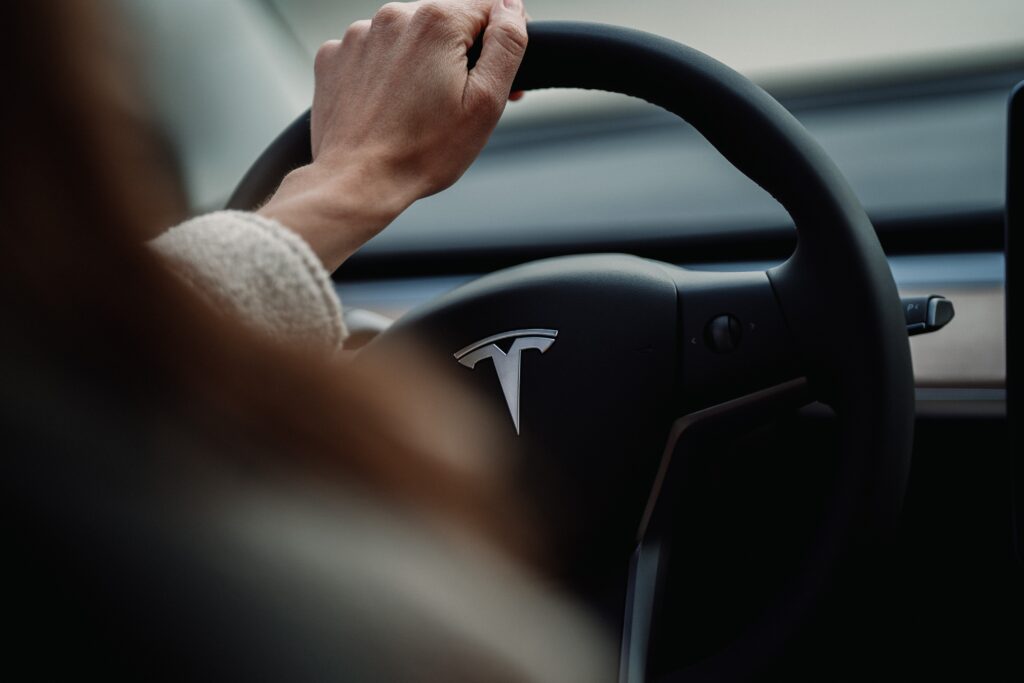Imagine this worst-case scenario. You’re driving down a busy interstate highway, jamming along to your music, not worrying about anything as you travel to work, to pick up the kids, or for your weekend getaway. Suddenly, your vehicle stops in the middle of the road for no apparent reason at all. As you glance in your rearview mirror, you see other vehicles coming at full speed in your lane.
This is a real-life situation for many Tesla owners. Hundreds of vehicles have reportedly stopped in the middle of the road when the automatic brakes engaged. Because of this, he National Highway Traffic Safety Administration is investigating these claims, determining if the manufacturer’s self-driving system was in use at the time. Right now, it’s being dubbed phantom braking.
Initial Reports
The NHTSA began the investigation in February after the agency received over 350 complaints. The investigation includes around 416,000 vehicles, all in the 2021 and 2022 model years. The two models receiving the attention are the Tesla Model 3 and the Model Y. At that time, there were no reports of any crashes or injuries resulting from the malfunctioning brakes. Since then, NTHSA is investigating 200 new crashes to determine the cause.
The focus of the investigation was on models equipped with automated driver assist systems, including adaptive cruise control as well as Autopilot. The system enables the vehicle to automatically steer and brake within the correct lane.
Reports from drivers said that the vehicle would rapidly decelerate with no warning. This issue could occur frequently during the same drive. The drivers feared a rear-end crash, which could cause serious injury and even death.
NHTSA Investigation on Tesla cars
NHTSA requested information about the situation, such as speed when braking occurred, average deceleration, and the final speed of the vehicle. The agency also asked if any video exists of the braking incidents from Tesla and whether an obstacle was detected. NHTSA has been looking at warranty claims to see if repairs have been made for this issue. A letter from the agency is focused on Tesla’s testing of the automated systems and how they detect certain items, including the following:
- Oncoming traffic
- Cross traffic
- Large vehicles
- S-shaped curves
- Metal bridges
- Shadows
- Reflections
- Glare
- Blockage from snow or heavy rain
Tesla has until June 20th to respond to these questions. To date, over 750 drivers have submitted reports of incidents of unexpected braking on the highway. If Tesla fails to respond by the date, it may face up to $115M in penalties.
Furthermore, this is not the first time Tesla has been under scrutiny for its automated driving assistance systems. The automaker is also under investigation for incidents where Tesla models crashed into stopped emergency vehicles when using cruise control or Autopilot.
Once the NHTSA receives the answers from Tesla to its probe, it will determine the next actions to take. As a result, Tesla drivers should remain cautious, and look out for further NHTSA announcements. Remember to report any issues with automated systems in their Tesla cars.
